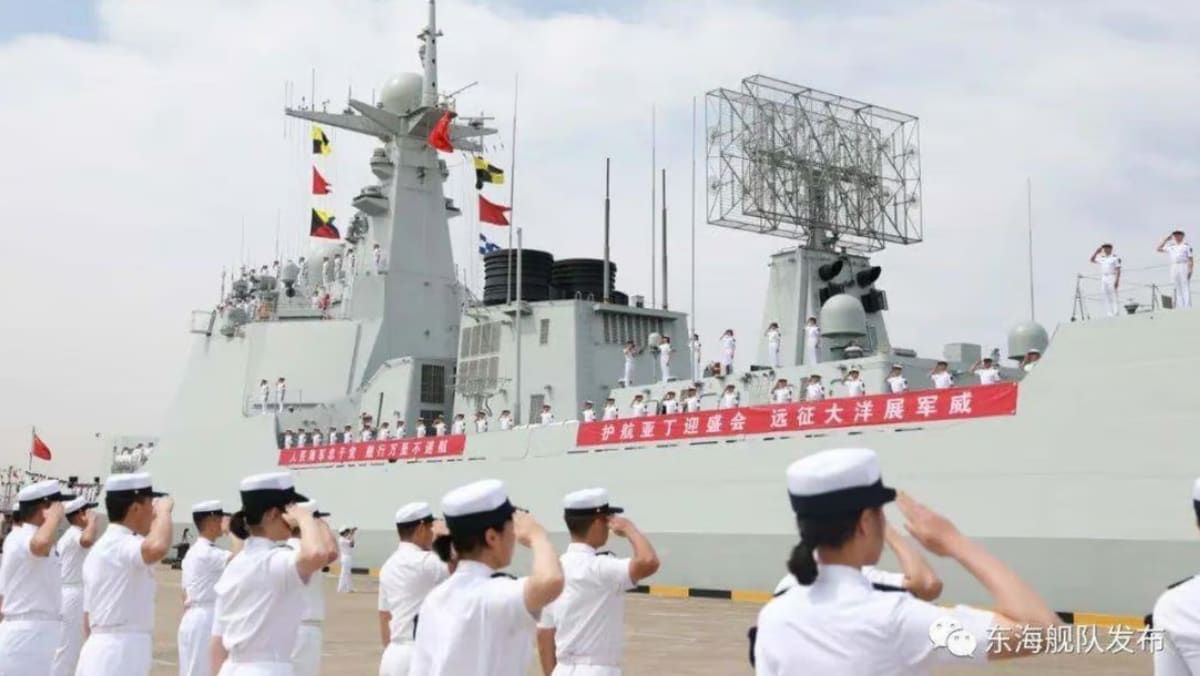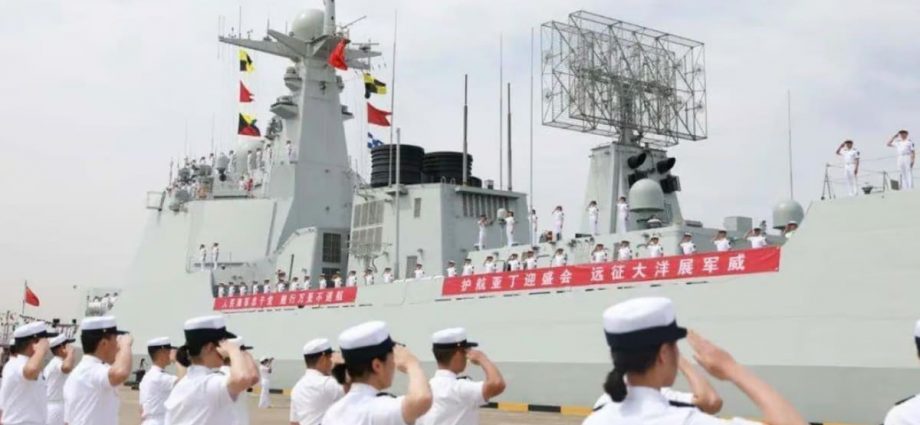
Malcolm Davis, a senior analyst at the Australian Strategic Policy Institute, said the US was trying to improve its long-range “anti-access and area denial abilities in response to China”.
“We’re seeing the beginning of a missile or strike competition in the region, with the US recognising that it needs to defend at range, rather than place platforms such as naval vessels or aircraft within a lethal Chinese anti-access and area denial envelope,” Davis said.
Anti-access area denial abilities are meant to restrict military movements within a particular area.
If the funding went through, it would be a significant increase in the US military’s prioritisation of the Asia-Pacific, according to Raymond Kuo, a specialist on East Asian security at the Rand Corporation, a US think tank.
“During the ‘war on terror’, the US focused its forces and basing on the Middle East and Central Asia,” Kuo said.
But now the US was taking a more “proactive posture” in the region, he said, with deals to expand access to bases.
In early February, the US and the Philippines agreed that the US would have access to four new bases in the nation, adding to the five the US could already use to train personnel and position equipment.
“Renewing American access to regional bases – as happened with the Philippines recently – is key to having the necessary forces in-theatre to protect freedom of navigation and maritime trade, as well as assisting partners and allies with their defence,” Kuo said, adding that this would prompt China to be more aggressive.
“China will continue to invest in its own military modernisation, both in conventional capabilities, as well as new domains like cyber and outer space. But it will also lean on its extensive economic relationships with regional countries to reduce their cooperation with the US.”
Davis said China would possibly strengthen its own anti-access area denial abilities designed to threaten American “forward deployed forces”, and extend Beijing’s reach in an anti-access role.
Forward deployed forces are those based in other countries.
Davis said China would also try to mitigate the growing US influence by improving ties with some Southeast Asian countries but that would have its limits.
“Beijing might try to pressure some Southeast Asian states to hold off from ties with the US, but it certainly won’t succeed with either the Philippines, or Vietnam,” he said.
This article was first published on SCMP.

